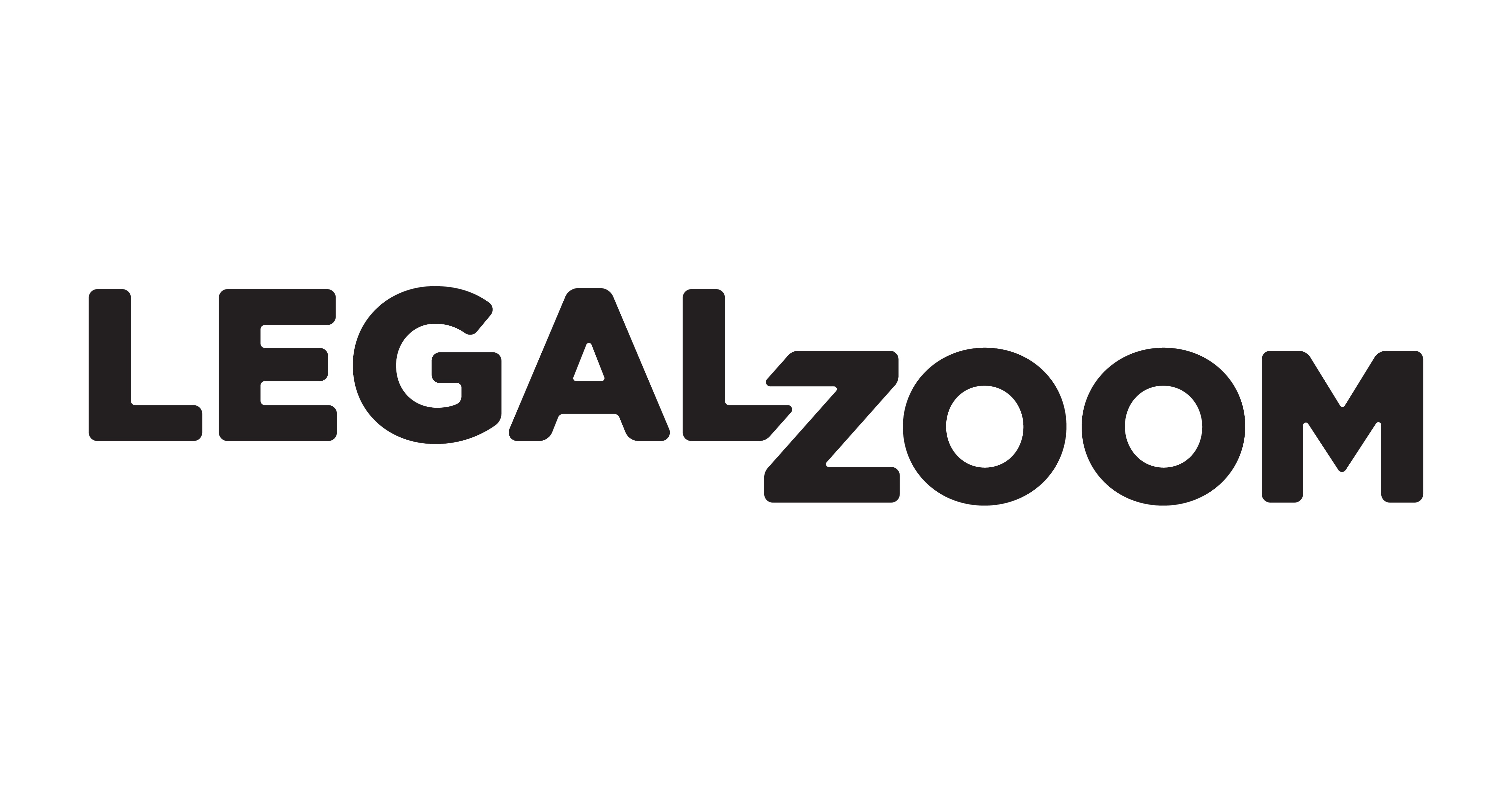Trying to help out the widow.
Her husband (my friend) died unexpectedly while waiting for 3 suppressors from Silencer Central. He purchased/received their free NFA Gun Trust at the time.
I called Silencer Central and they were very nice by telephone. They canceled the order and will refund some amount of money.
Here lies the problem:
Silencer Central wants to send the refund to the Executor of his estate. My friend died intestate (no will/no estate trust), but that shouldn't matter. He had his NFA Gun Trust at the time of his death (the one created for him by Silencer Central). The successor trustee (his wife) is where the refund goes to, not his Estate Executor.
I have asked Silencer Central to review this with their legal department, and I have not heard anything back. At this point we are trying to save costs and headaches of getting a lawyer involved. The widow is still a little overwhelmed.
Any helpful suggestions would be great.
Thanks
Her husband (my friend) died unexpectedly while waiting for 3 suppressors from Silencer Central. He purchased/received their free NFA Gun Trust at the time.
I called Silencer Central and they were very nice by telephone. They canceled the order and will refund some amount of money.
Here lies the problem:
Silencer Central wants to send the refund to the Executor of his estate. My friend died intestate (no will/no estate trust), but that shouldn't matter. He had his NFA Gun Trust at the time of his death (the one created for him by Silencer Central). The successor trustee (his wife) is where the refund goes to, not his Estate Executor.
I have asked Silencer Central to review this with their legal department, and I have not heard anything back. At this point we are trying to save costs and headaches of getting a lawyer involved. The widow is still a little overwhelmed.
Any helpful suggestions would be great.
Thanks


